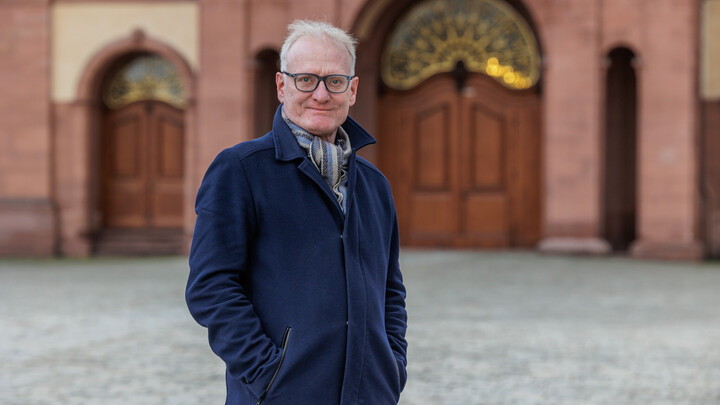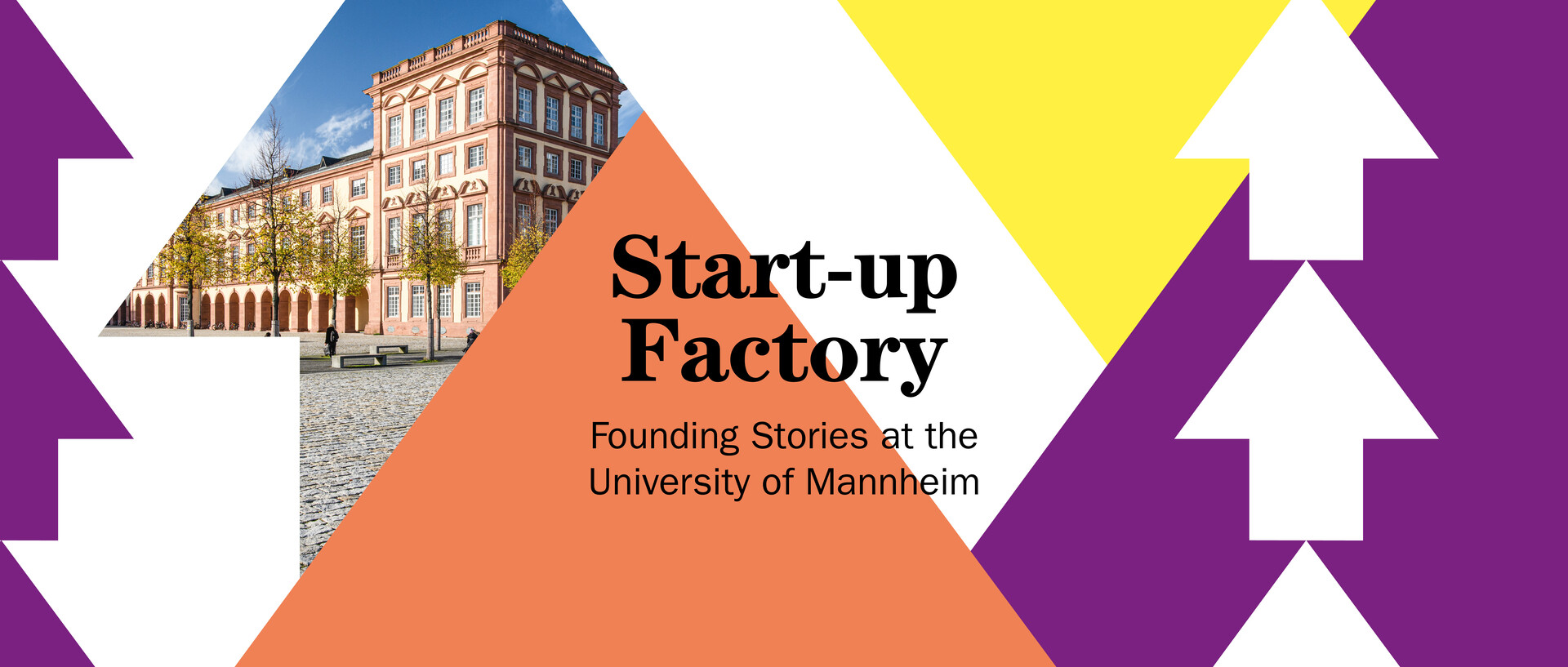Facts Versus Fake News: How Threatened Is Trust in Science?
Matthias Kohring is a professor of media and communication studies at the University of Mannheim. His research focuses on science communication and public trust in the media and in science. In this interview, he explains how trust in science has declined and the risks that come with growing skepticism.

FORUM: During the COVID-19 pandemic, it seemed like people were losing faith in science—some even became outright hostile to scientific findings. Would you say that’s true?
Matthias Kohring: People often claim that trust in the media and science has declined. But if you actually look at the data, that’s not really the case. There is a hardcore group that is radically critical of science, and that group has grown slightly. But 75 percent of the public still view science positively. What we are seeing, though, is a growing polarization—there’s almost no middle ground anymore.
FORUM: What’s driving this polarization?
Kohring: The pandemic played a big role in making it more visible. Science—particularly fields like virology and epidemiology—took center stage. Scientists like Christian Drosten advised governments, made policy recommendations, and developed vaccines. At the same time, there were people who rejected scientific findings and vaccinations on principle. Opposition to vaccines, especially among certain anthroposophical and religious groups, has been around for a long time. But during the pandemic, their resistance became more vocal and organized. Many people who were skeptical about COVID-19 measures were looking for a political home—and some found that in the right-wing populist AfD. As a result, their opinions became more visible, gained new momentum, and even found political representatives who amplified them.
FORUM: Is there a strategy behind this skepticism toward science?
Kohring: Some citizens organize around personal convictions, without any larger propagandistic agenda. But overall, the active delegitimization of institutions like science and journalism is very much a strategy. Of course, there has always been criticism of established institutions, but in recent years, we’ve seen a strong increase of books and publications spreading conspiracy myths about them. There is a systematic, concentrated effort to undermine trust in institutions—whether it’s mainstream media or the scientific community—and it’s being done with a level of intensity and sophistication that we haven’t seen before. And some readers genuinely believe it. Protest movements amplify these narratives, putting increasing pressure on scientists and institutions—sometimes even escalating to threats of violence. This kind of aggression is something new.
FORUM: But what do they stand to gain? Is it about controlling the narrative?
Kohring: Yes, it’s about controlling the narrative—but also about protecting political agendas from inconvenient facts. This isn’t entirely new. Politicians have always been selective about when they listen to science. If the findings support their policies, they use them. If not—or if implementing them would be too costly—they ignore them. But populist parties have taken this to another level. The most obvious example is Donald Trump and his approach to climate change. He simply dismissed or actively delegitimized scientific findings that didn’t fit his political strategy. By declaring climate change a non-issue, he could justify reopening oil drilling licenses and destroying protected natural areas.
FORUM: Can you even reach people who believe in conspiracy myths?
Kohring: There’s no solid data on this, but I’d estimate that around ten percent of the population is beyond reach when it comes to these issues. The key is reaching the people who are still unsure. Doubting and criticizing things is completely legitimate—after all, even science is by no means flawless. The fact that science can also serve unethical purposes and cause harm is often ignored in overly naive self-promotion. That’s why some criticism—even harsh criticism—is entirely justified, and the scientific community needs to acknowledge it and respond with less defensiveness. But we also need to make sure that the group of those opposing science on principle doesn’t keep growing. The problem is that these individuals don’t just reject science—they also distrust mainstream media and established politics. There are strong correlations between these attitudes. And let’s not forget: Authoritarian regimes always target culture, journalism, and science first, because these fields produce statements and interpretations that challenge the narratives they want to impose.
FORUM: Another big issue is how science engages with social media. Since Elon Musk took over X, more and more research institutions have been shutting down their accounts. What’s your take on that?
Kohring: It’s a tough call. On the one hand, it’s important to counter misinformation—engaging with it might even change some minds. On the other hand, responding to every false claim is overwhelming and incredibly time-consuming. And let’s be honest—people who are already deeply radicalized aren’t going to be persuaded by facts.
FORUM: Do opponents of science ultimately want to get rid of science itself?
Kohring: No, they don’t want to abolish science as such. What they’re doing is deliberately undermining the credibility of certain fields in order to push their own agendas. But they don’t aim to shut down research entirely. Instead, they want to replace so-called “corrupt” scientists with experts who, in their view, haven’t been given a platform until now—people who reinforce their worldview. You see the same logic in attacks on mainstream media.
FORUM: Do you have specific suggestions for what universities can do to counteract these developments?
Kohring: At its core, this is a trust issue. It’s crucial that scientific discussions—and political ones—happen in a way that’s visible to the public. People should know, for instance, where research funding comes from. Science communication also needs to shift away from self-promotion and allow more space for self-criticism. That’s difficult in a highly competitive research landscape, but if scientists embrace more transparency, they can respond to skeptics with confidence. But it’s also important to remind people just how deeply embedded science is in our daily lives. Science is everywhere—in the way we think, in the objects we use every day, in everything we do.
Interview: Fabio Kratzmaier / April 2025
